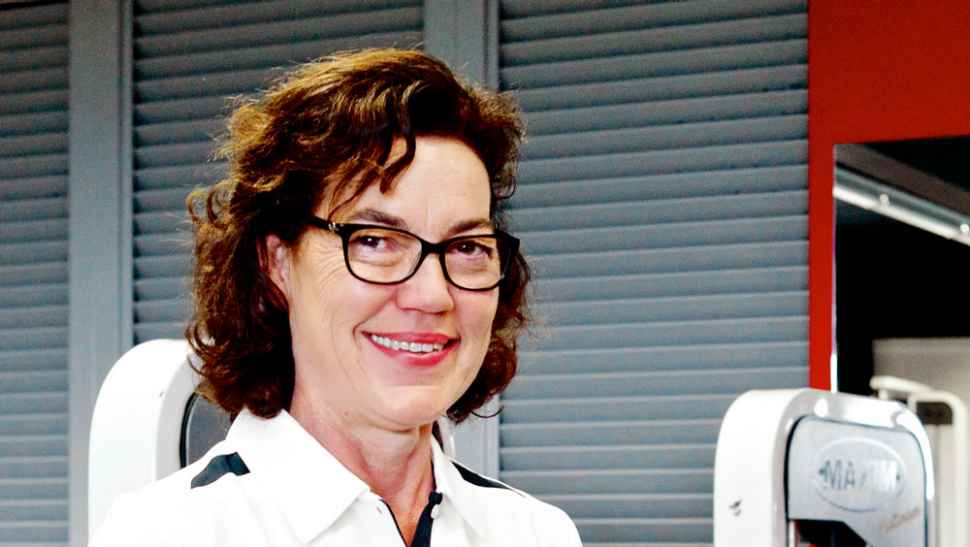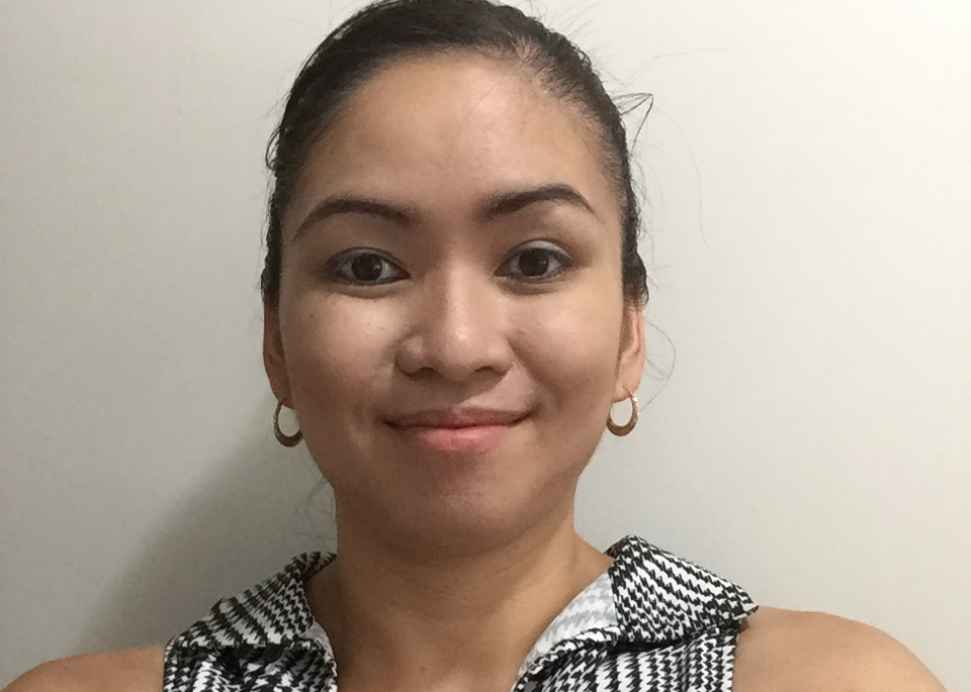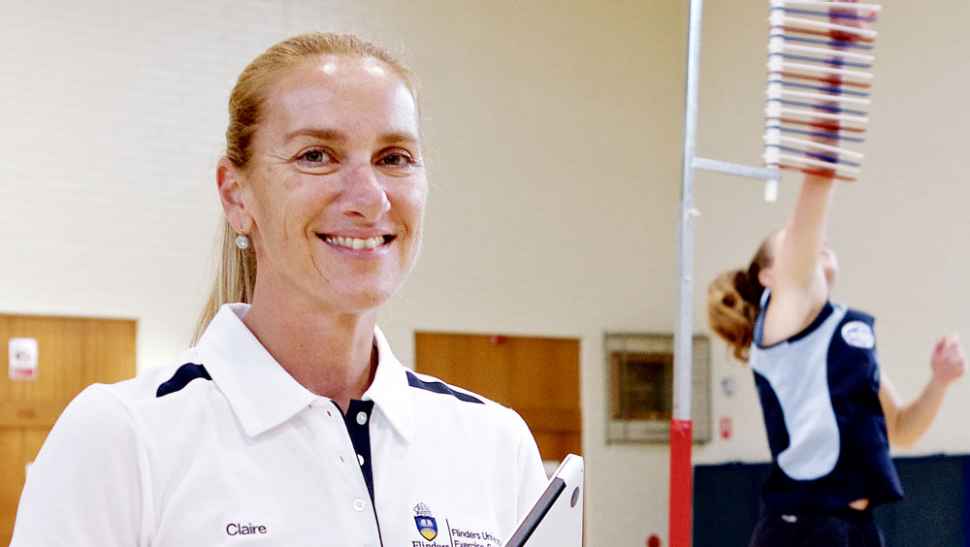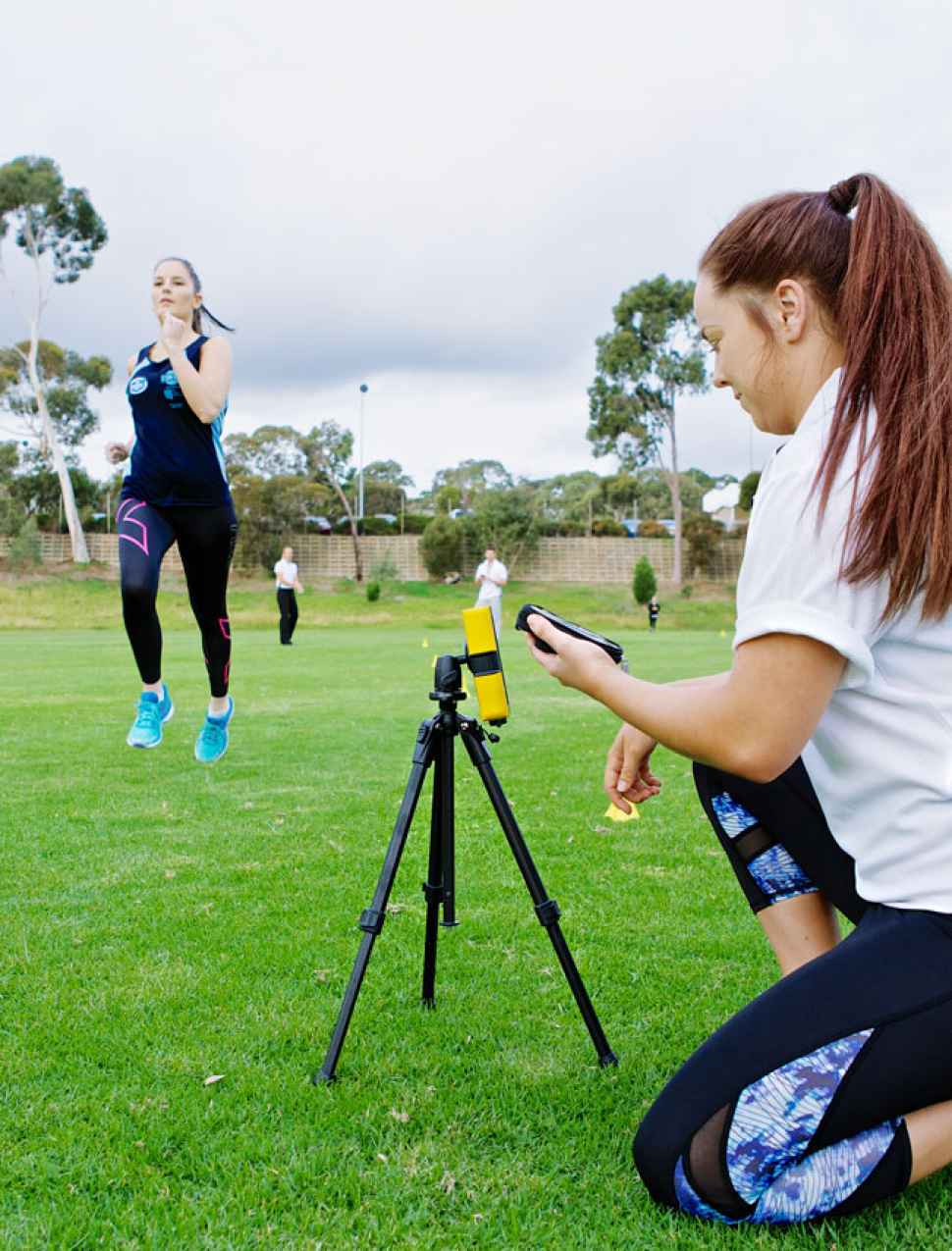Is the science of exercise the best fit for your future?
In our changing world, there is growing awareness that good health and exercise are keys to a better life. At Flinders, we are in tune with our fast moving world and that is why we offer degrees in exercise science.
- Qualify for a career in the evolving field of exercise science and clinical exercise physiology.
- Understand the relationship between exercise, movement capacity and preventative health.
- Benefit from a comprehensive approach to the study of exercise science encompassing all aspects of physical health for the entire population.
- Study distinctive topics in fundamentals of exercise science, exercise prescription and movement learning, and advanced exercise science.
- Choose from specialisations in nutrition, sports science, health promotion, behavioural sciences, business, or allied health.
- Graduates who undertake the nutrition or allied health specialisation will be eligible to apply for Masters in Nutrition and Dietetics, Physiotherapy or Occupational Therapy.
- Continue to the Master of Clinical Exercise Physiology which can lead to accrediation as an Exercise Physiologist.
The courses
Bachelor of Exercise Science
SATAC code: 234551
Course type: Undergraduate degree
Course length:
3 years full-time (or equivalent part-time)
Bachelor of Exercise Science/
Master of Clinical Exercise Physiology
SATAC code: 234571
Course type: Undergraduate degree
Course length:
5 years full-time (or equivalent part-time)
Bachelor of Exercise Science/Master of Clinical Exercise Physiology course information
You will study core foundation knowledge in human physiology, anatomy, biomechanics, psychology and exercise prescription plus there will be a choice of specialisations in nutrition, sports science, health promotion, behavioural sciences, business and allied health.
The qualifications
The Bachelor of Exercise Science gives you the practical and theoretical knowledge to practice as an Exercise Scientist. In combination with the Masters of Clinical Exercise Physiology you will gain the skills and knowledge that leads to accreditation as an Accredited Exercise Physiologist (AEP).
Graduates will be eligible to apply for membership with ESSA (Exercise and Sport Science Australia), the peak professional body in this area.
Students will also be eligible to commence research higher degrees with a focus on exercise science.
Practical experience
The Bachelor of Exercise Science includes 140 hours of placement work experience, an invaluable opportunity to see first hand where your degree could take you.
The Master of Clinical Exercise Physiology offers 360 hours in clinical placement so thereby completion of the double degree will offer a combined 500 hours of work placement.
Career opportunities
Some potential occupations for graduates include:
- Exercise Scientist
- Health and Injury Prevention Advisor
- Cardiac Technician or Trainee Cardiac Sonographer
- Sport and Exercise Science Support Officer
- Active Living Project Officer.
Potential employers include:
- Bupa
- Konekt
- Health By Design
- SA Health
- NJF Wellness Centres
- Office for Recreation and Sport.
Continuation to the Master of Clinical Exercise Physiology prepares you for a career as an Accredited Exercise Physiologist (AEP). As recognised allied health professionals, AEPs are qualified in clinical exercise prescription and the delivery of exercise-based lifestyle and behaviour modification programs to prevent and treat injury and disease.
Learn from our experts

Lynda is a registered nurse who moved into public health research following her MPH and PhD. She has led several multi-year intervention studies on physical activity and health. Her teaching is focused on healthy lifestyles and associated health risk factors. Current research interests include trends in adult health and fitness, relationships between exercise and health outcomes and mindfulness and stress modification in emergency services personnel. She is a member of Sports Medicine Australia, the American College of Sports Medicine and the Public Health Association of Australia. Lynda is Course Coordinator for the Bachelor of Health Sciences and senior lecturer in the Bachelor of Exercise Science.
Dr Lynda Norton
RN, Grad Dip Nursing (Intensive Care Nursing), MPH, PhD

Joyce is the Course Coordinator of the Exercise Science and Clinical Exercise Physiology programs. She is an Exercise Physiologist (ESSA Full member) with a PhD in Clinical Exercise Physiology. Joyce's current research focuses on the optimal exercise prescription to ameliorate traditional and novel CVD risk factors associated with the metabolic syndrome, including central hemodynamics, cardiac autonomic function, vascular function, glycemic control, and pancreatic beta cell function.
Dr Joyce Ramos
BSc (Hons) (Sports and Exercise Science), PhD

Claire is the Head of Exercise Science/ Clinical Exercise Physiology for the new Bachelor of Exercise Science/Master of Exercise Physiology courses. She is an Exercise Scientist and a member of Exercise and Sports Science Australia (ESSA) as well as an Accredited SLSSA Beach Coach and Accredited Sprint Coach with Athletics Australia. Claire’s current research includes investigating adolescent girls disengagement with physical activity and working with athletes conducting a range of fitness tests and metabolic measurements testing fitness levels. Claire is heavily involved with Surf Life-Saving SA and their High Performance Surf Sport program and conducts nutrition workshops for primary school children.
Associate Professor Claire Drummond
BAppSci (Exercise and Sports Science), Honours (Human Movement), PhD
Admission requirements
*Knowledge of SACE stage two biology is assumed.
Pathways to entry
Whether you are a Year 12 student looking for alternative pathways to the course of your choice or you’re a non-school leaver wanting to start your University studies, we offer a range of pathways to undergraduate study.
How to apply
All postgraduate applications are made through the South Australian Tertiary Admissions Centre (SATAC).
Study area brochure



